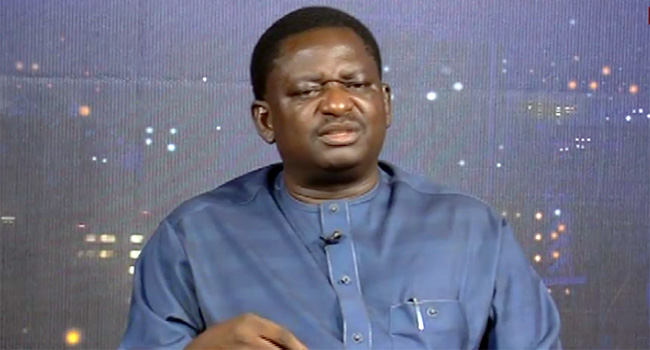By Nnamdi Nwigwe
Many people in very important positions, both private and public, often have on their staff, media aides. These media functionaries go by various designations and appellations, depending on the understanding or expectations of the chief executive officer who employs the officer.
Some answer public relations officers, information officers, media executives, press officers, media advisers etc. But essentially all have the responsibility of ministering to the information and media needs of their principals.
Assuming that those employed in these positions know that their duties and responsibilities go beyond mere press releases and occasional rebuttals, the focus of this piece is on rebuttals.
Rebuttals are solely intended to quickly correct what the media personnel perceives as error in a published report, usually in the newspapers, about his employer.
It could be a misquoted statement, a misunderstood remark or, indeed, a manifestly deliberate false report with ill intention.
Bottomline is that a correction has to be made and the reading public enlightened and better informed.
But unfortunately what one often observes in several attempts at rebuttals is an overload of abuses, invectives and personal insults poured on the author or source of the subject being corrected.
It is important that practitioners be properly guided when making corrections or rebuttals. They should not aim to impress their employers.
The normal practice is to be versatile enough to discover a damaging or false report about your organisation and call the attention of your immediate superior officer. He or she will invariably seek your professional opinion and the best approach to deal with the matter.
The objective must be to correct or explain for better understanding.
A brief preamble may be necessary by referring to the issue on ground and where it was published.
Thereafter, you give the correct version or intended meaning of what was wrongly reported.
Any word of abuse or insult detracts from your aim to make clearer what was misunderstood in the publication.
There is no doubt that it could be quite tempting at times to puncture the bile and release it on the offender.
Another error found in many press rebuttals is verbosity.
A simple explanation one needs to capture in one or two paragraphs is unduly dragged to cover a whole foolscap page. I have actually read an intended rebuttal that was so long and abusive that it ended up not again mentioning the subject of the rebuttal. And, needless to add, the correction was not made, haven been drowned in the diatribe.
The press release I’m referring to was actually signed by the “Chief Executive Officer” of the government parastatal.
Perhaps it would help more if qualified persons are employed to positions that require knowledge, skill and qualification.
Professional organisations and associations might wish to sit up and ensure their honourable professions are not bastardized by government officials and even private employers hiring imposters to the neglect of professionals.
Politicians and political office holders are notorious in this regard and ought to be called to order.
Mazi Nnamdi Nwagwu, a veteran journalist, wrote in from Owerri














